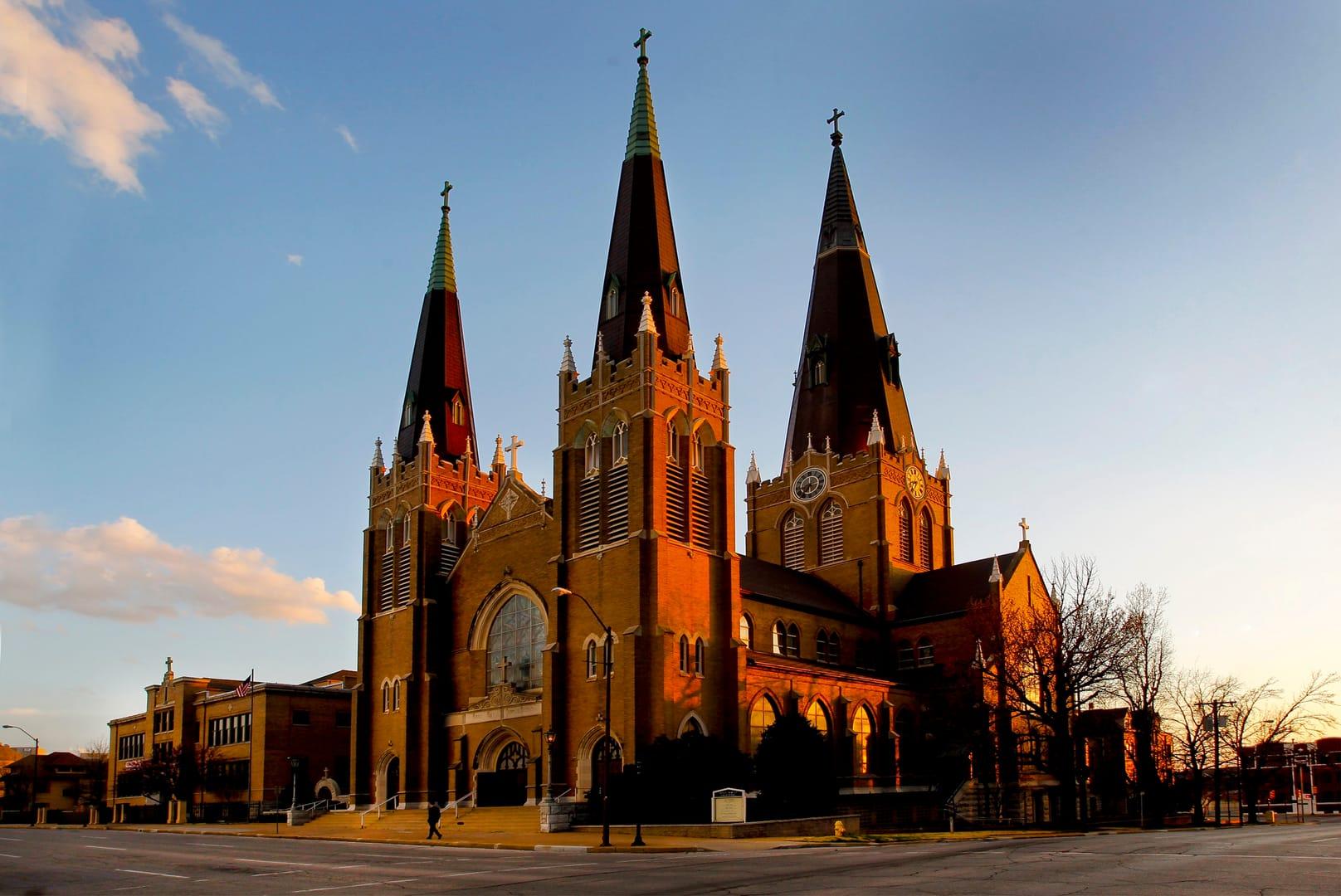NEW YORK – After presenting an oral argument to the Oklahoma Supreme Court, a legal representative for the Statewide Virtual Charter School Board is “very hopeful” that they will prevail in the lawsuit brought against them by the state Attorney General, which would allow St. Isidore of Seville Catholic Virtual School to open in August.
Legal representatives for the school board, St. Isidore, and Oklahoma Attorney General Gentner Drummond presented oral arguments to the Oklahoma Supreme Court on April 2. The case is now under advisement, and so it’s expected that the court will make a decision before the school plans to open in August, according to Phil Sechler, an attorney for the school board.
Sechler, who is senior counsel at Alliance Defending Freedom, told Crux that the biggest takeaway from the oral arguments was the concern one of the judges had about religious groups not receiving the same treatment as their secular counterparts.
“I think the biggest takeaway was [Justice John Kane], who is one of the members of the court, was very concerned about how you could allow all kinds of secular groups to teach students all kinds of things, including things antithetical to religious faith, and yet at the same time say that somehow religious groups can’t have the same treatment,” Sechler said.
Asked about his confidence level following the oral arguments, Sechler added that “we firmly believe that the Oklahoma court should agree with us based on overwhelming case law and so I’m very hopeful that we’re going to prevail here.”
St. Isidore is a virtual, K-12 Catholic school in Oklahoma that is tuition-free and funded by the state as a charter school. Controversy has surrounded the school since its inception, on the grounds that it is a religious institution that is funded by the state. It was created by the Archdiocese of Oklahoma City and the Diocese of Tulsa.
The Statewide Virtual Charter School Board approved a contract with the school on Oct. 9, 2023, making it the nation’s first state-funded religious school. 11 days later, Drummond sued the board for its decision – the case at hand. St. Isidore then intervened in the lawsuit so that they could make their own argument.
Legal representatives for St. Isidore did not respond to a Crux request for comment.
Sechler presented on behalf of the school board in the April 2 oral arguments. He said the core of his argument was that the state cannot discriminate against religion and treat religious groups differently than other groups in programs that it offers the public. He also noted that under Oklahoma’s charter school program any private applicant can apply to have a contract with the state to operate a school.
“Oklahoma law right now says that if you’re religious you’re not eligible and the Supreme Court has made it clear that, that cannot be a line that’s drawn because essentially what you’re doing is you’re asking someone to give up their religious faith as a condition to participate in a program, and the government cannot do that, and that’s what we believe Oklahoma is doing,” Sechler explained.
“And so, our client – which is the [Oklahoma] Statewide Virtual Charter School Board – believed that was unconstitutional, so they did not take St. Isidore’s Catholic faith into account at all when they evaluated and ultimately approved their application,” Sechler continued.
Legal representatives for Drummond did not respond to a Crux request for comment.
In a statement on the day the lawsuit was filed, he argued that the board violated the religious liberty of Oklahomans by forcing them to fund the teachings of a specific religious sect – the Catholic Church – with their tax dollars.
“There is no religious freedom in compelling Oklahomans to fund religions that may violate their own deeply held beliefs,” Drummond argued. “The framers of the U.S. Constitution and those who drafted Oklahoma’s Constitution clearly understood how best to protect religious freedom: by preventing the State from sponsoring any religion at all.”
Drummond also claimed in the statement that the ruling opens the door for Oklahomans being forced to fund “radical Muslim teachings like Sharia law.” Responding to that argument, Sechler said Drummond overlooks multiple features of the state’s Charter School Act.
First, Sechler notes that there are a number of neutral criteria in the act that are not hostile to religion that would not allow any school that teaches violence to be approved, and that requires a school’s application to show that it offers a quality educational standard. Second, Sechler said, Oklahoma only funds charter schools to the extent that there is enrollment to sustain the school.
“So yes, if there’s a Muslim or a Jewish school that’s approved, that’s a quality educational experience that enough families want to go to, that can sustain the school, then that’s what choice is all about and that’s what we think benefits Oklahoma families,” Sechler said.
Follow John Lavenburg on Twitter: @johnlavenburg













